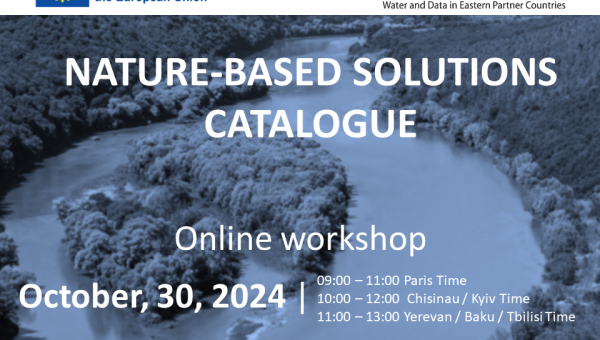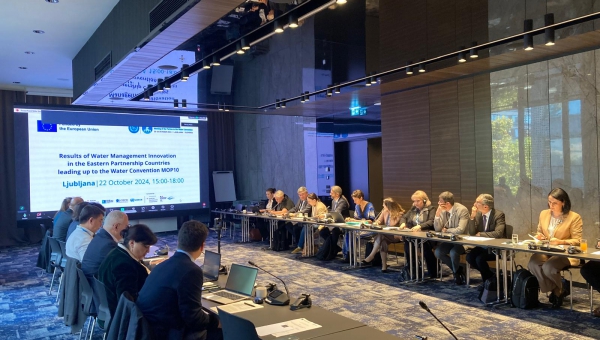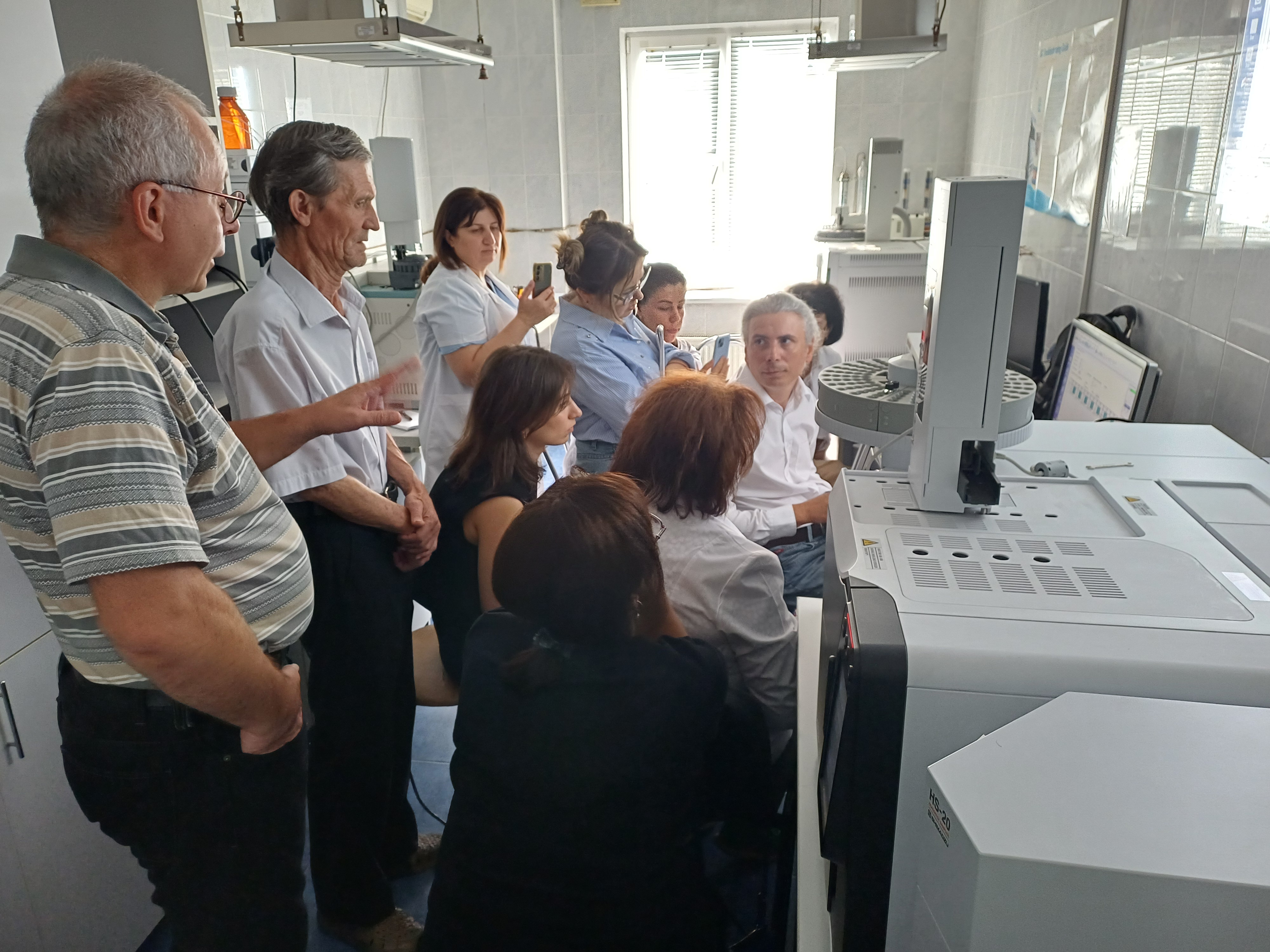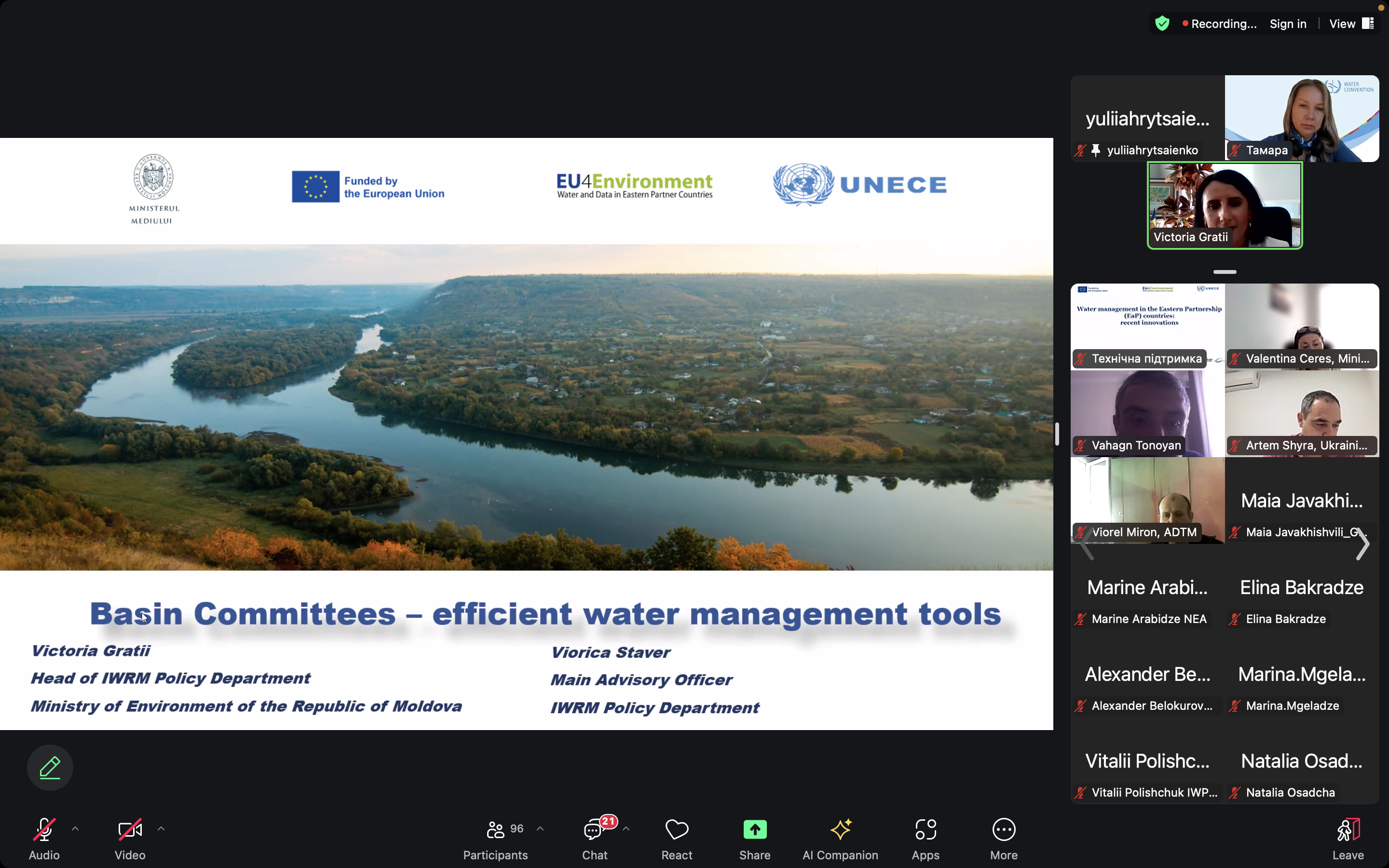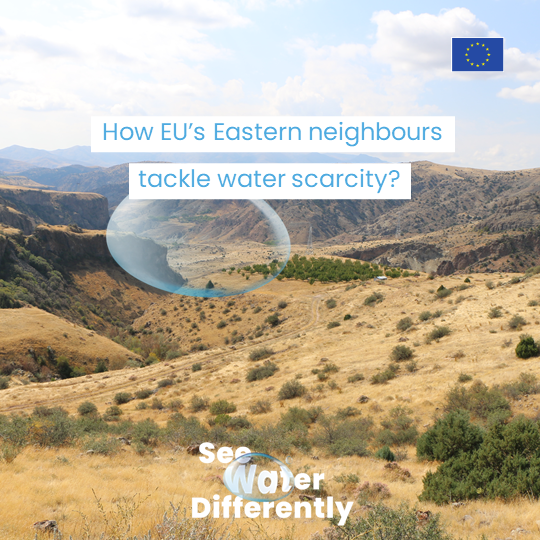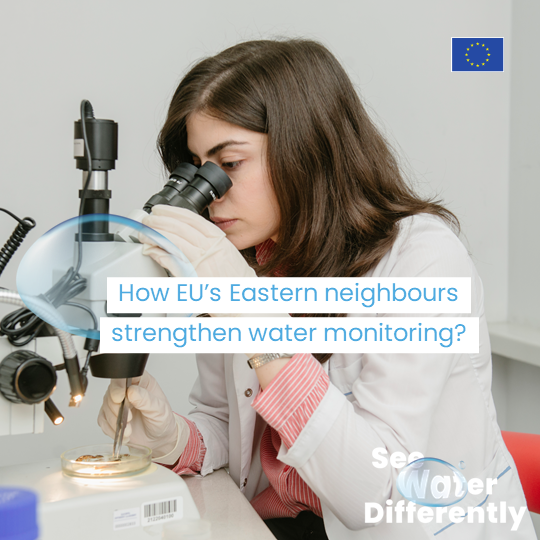- Country: Regional
- Component: Water resources
On October 30, 2024, an online workshop introduced the newly developed Catalogue of Nature-Based Solutions (NbS). The presentation was attended by nearly 200 participants from Eastern Partnership (EaP) countries and the EU, including national authorities, water experts, water user representatives, donors, and various organizations engaged in water management and Nature-based Solution projects. The workshop emphasized the critical role of Nature-based Solutions in tackling water-related issues and aligning with EU law, notably the Water Framework Directive (WFD).
A Practical Tool for Sustainable Water Resource Management
Nature-based Solutions are actions that copy or make use of natural processes (ecosystem services) and can be applied in low-cost and sustainable ways. They often restore modified ecosystems and provide additional benefits for human well-being.
Developed by the International Office for Water (OiEau) under the EU4Environment - Water Resources and Environmental Data programme, the NbS Catalogue provides a comprehensive guide tailored to address specific water-related challenges in each EaP country. It features a range of solutions that can help mitigate issues such as water pollution, flow disruption, and hydromorphological changes, which at the same time are also improving biodiversity and climate adaptation.
The new catalogue serves as a valuable resource for decision-makers, helping them identify and prioritize the most suitable Nature-Based Solutions for their regions. It includes detailed factsheets, implementation recommendations, and financing options, supporting the incorporation of NbS into Programmes of Measures (PoMs) within River Basin Management Plans (RBMPs).
Eastern Partnership Knowledge Exchange
As an example, experts from RECC Caucasus shared insights on integrating NbS into Georgia’s River Basin Management Plans for the Enguri and Rioni basins. Representatives from Armenia, Azerbaijan, Georgia, Moldova, and Ukraine reported their experiences and challenges in adopting NbS within their national water strategies. This collaboration is expected to enhance the usability of the NbS Catalogue across varied water user sectors and contexts in the region.
Dowload the presentations:


